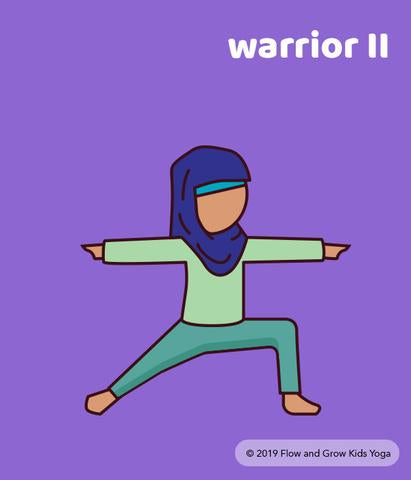Too Much Choice Is Not Helpful
Consumerism has a knack for giving us so many choices. While having different choices can be helpful if we’re trying to solve a specific issue, we’re bombarded with options at every turn. Whether it’s what to watch on television,...


Consumerism has a knack for giving us so many choices. While having different choices can be helpful if we’re trying to solve a specific issue, we’re bombarded with options at every turn. Whether it’s what to watch on television, deciding on ketchup at the grocery store, or deciding on a career path, we are confronted with an array of options in so many areas of our life. While choice is often celebrated as a symbol of freedom and autonomy, too much choice can be detrimental.
The Paralysis of Analysis
One of the most significant downsides of having too many choices is the paralysis it can bring to our decision-making. When faced with a lot of options, people may find themselves spending an excessive amount of time and energy weighing the pros and cons of each choice. This analysis paralysis can lead to decision fatigue, stress, and delaying decisions we really need to make. The more choices we have, the harder it can be to make a decision.
Psychologist Barry Schwartz notes in his book “The Paradox of Choice” that while some choice is good, an overabundance can lead to a state of “choice overload,” where individuals feel overwhelmed and unable to make decisions. This outcome can diminish the overall quality of the choices they eventually make.
Regret and Dissatisfaction
When we have so many options to choose from, there’s always the lingering thought that we might have made a better choice if we had kept looking. This “what if” mentality can lead to dissatisfaction with the choices we do make, eroding our sense of contentment.
Moreover, excessive choice can set unrealistic expectations. With so many alternatives available, we may become prone to seeking the “perfect” choice, which often doesn’t exist. We’re left with a nagging feeling of whether we could have chosen better, and that ongoing quest for perfection can lead to disappointment with what we bring into our lives.
The Benefits of Limiting Choices
While too much choice can have negative consequences, limiting choices can bring several benefits. A more focused set of options can streamline decision-making, reduce stress, and increase overall satisfaction with the chosen option.
— Increased Decision-Making Efficiency: With fewer options to consider, decisions become more straightforward and less time-consuming. This allows you to allocate mental resources more efficiently.
— Enhanced Satisfaction: When we choose from a smaller set of options, we are more likely to feel content with our decisions, as we are less plagued by doubts and regrets.
— Improved Commitment: A narrower range of choices encourages commitment and investment in the chosen option, promoting personal growth and success.
How to Actually Limit Choices
While I’ve been able to identify with this paradox, the actual process of limiting choice isn’t as easy as just “doing it.” Grocery store shelves can still be overwhelming! Here are a few strategies to reduce choice and increase your freedom.
1. Recognize choice overload and decision fatigue are real – the first step is just recognizing the issue. Once you know what to look for, it’s easier to defend against.
2. Start small – Pick one area where you can reduce choice. Having a limited number of things you eat each day, for example, can make meal time easier. And if you choose healthier menu items, you can also make headway on healthy changes.
3. Lean into the power of routine – routines allow your autopilot to take over, and the number of conscious decisions you have to make go down. Morning and bedtime routines are great places to start.
4. Clothes – whether you use a capsule wardrobe or just wear the same brand/style every day, you can take the stress of what to wear out of the picture.
5. Technology – one area I have struggled with is when selecting a specific technology device (new phone, keyboard, TV, etc). Technology moves so quickly, and the options and configurations seem to escalate. Rather than letting the “ooh, I didn’t even know I wanted that” thought to creep in, define what specific uses you’re solving for, and filter for those. With a smaller pool to choose from, it’s less overwhelming.
6. Stop worrying about finding the absolute best deal – I’m all for saving where you can, but don’t let it be at the expense of your sanity.
Limit where you will shop or search for a product – If you’re looking for dog training, for example, pick a few to compare and make a selection from those. Google ratings are your friend.
7. Go with what you know – if a product already works for you, no reason to overcomplicate things.
The paradox of choice teaches us that an abundance of options can lead to decision paralysis, regret, and dissatisfaction. I’ve felt these effects in my life, and I suspect you have too. By letting simplicity guide your approach, though, you might find that…Sometimes, less truly is more.
***
About the Author: Brad Wilson is a prior CFO who left corporate life after finding a passion for encouraging others through simplicity and coaching. Find more from him at Partnership : Simplicity.

 JimMin
JimMin 
































